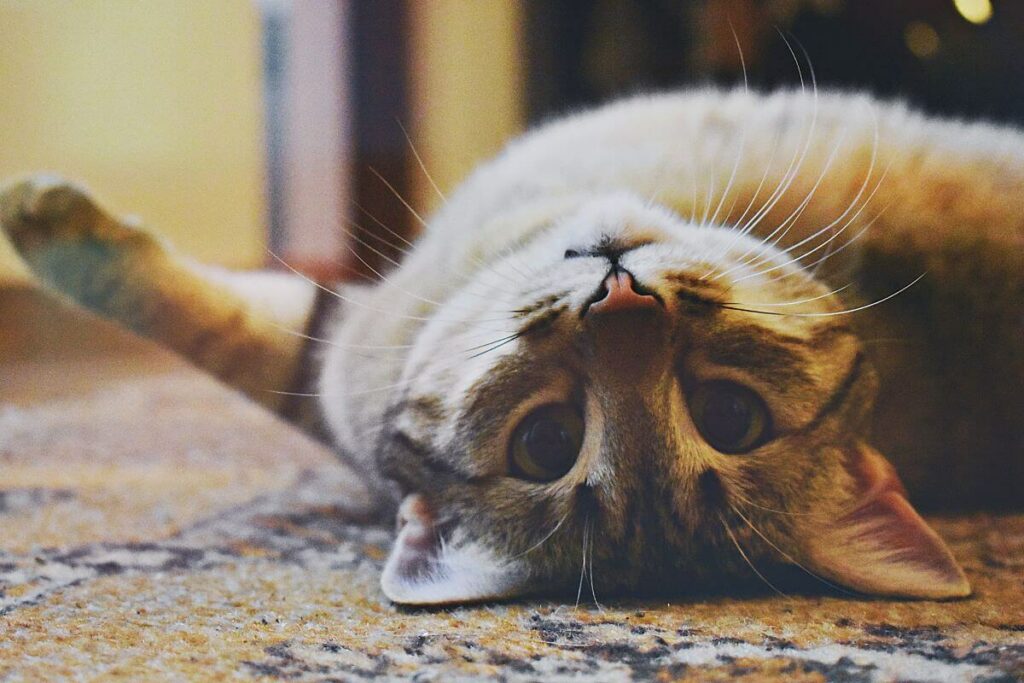Bringing Pets to The UK
The Government Guidance on bringing a pet to the UK is covered here: https://www.gov.uk/guidance/bringing-your-pet-to-the-uk-from-ukraine, including what vaccinations are required, and how to apply.
If the conditions specified are met, then the pet does not need to go into quarantine or home isolation on arrival. If it does need to be quarantined, this is free for Ukrainian refugees.
In particular, take note of the relevant allowed entry ports you can use if your pet is allowed to isolate at home.
You can bring up to 5 pets on a single licence.
If the guidance is not clear, or you have any questions or problems, the contact details for the Animal and Plant Health Agency (APHA) are +44 3000 200 301 or ukrainepettravel@apha.gov.uk. You can also call them if you need to leave the UK temporarily and take your pet with you.

Transporting your pet in
It’s not allowed to bring in animals by air into the UK, so you will need to arrive by Eurotunnel from France, or by other means of transport. You can contact the organisation Transport a Sister to ask for help in transporting your pet.
Vets
It is useful to register your pet with a local recommended vet. Treatment is not free, unless you have pet insurance.
You may find some vets in the UK have signed up to offer free veterinary care, up to 250 Euros per pet: https://www.hsi.org/news-media/free-veterinary-care-for-pets-of-ukrainian-refugees-3/ – but the pet insurance route is better as it covers a larger amount.
Pet insurance, microchipping and neutering
We advise taking out pet insurance on arrival in the UK, because it is expensive otherwise to treat your animal. Cost of treatments can run in thousands of pounds, and you cannot take out an insurance policy after your pet needs treatment, as it will not cover a pre-existing condition. A cat or dog can get run over or attacked by other animals, requiring emergency treatment for a previously healthy animal.
You should also microchip your animal in case of any unfortunate outcome such as an injury or loss, so that it can be traced back to you. Keep your database contact details up to date.
- It’s legally required to microchip a dog over 8 weeks old; see for example: https://www.pdsa.org.uk/pet-help-and-advice/pet-health-hub/other-veterinary-advice/microchipping-your-dog
- In England, it will also be legally required to microchip a cat by the age of 20 weeks by June 2024; see for example: https://www.cats.org.uk/help-and-advice/neutering-and-vaccinations/microchipping-your-cat
You are also recommended to get your pet neutered if it is old enough. Neither microchipping nor neutering are covered by pet insurance.
There are a number of charities that can help with the costs if you are on a low income, you can’t afford pet insurance or other costs, and you live close to one of their centres. Some examples are:
- Cats Protection: see https://www.cats.org.uk/what-we-do/neutering/financial-assistance
- PDSA (People’s Dispensary for Sick Animals): see https://www.pdsa.org.uk/pet-help-and-advice/our-services
- Blue Cross: see https://www.bluecross.org.uk/veterinary
Banned dog breeds
A number of dog breeds are banned in the UK, and there are serious consequences for owning such a dog: https://www.gov.uk/control-dog-public/banned-dogs. Do not try and bring such a dog into the UK.
Taking pets back to Ukraine
See for example a carrier such as Pet Air UK if you need to transport your pet back and they cannot accompany you. Shop around to find a reputable carrier and to get different quotes.
If you cannot take your pet back, then consider contacting a local cat or dog shelter (such as Battersea Cats and Dogs Home in London) who will be able to house them until a suitable family can be found to adopt them. They will conduct checks on potential owners before handing over the animal.

